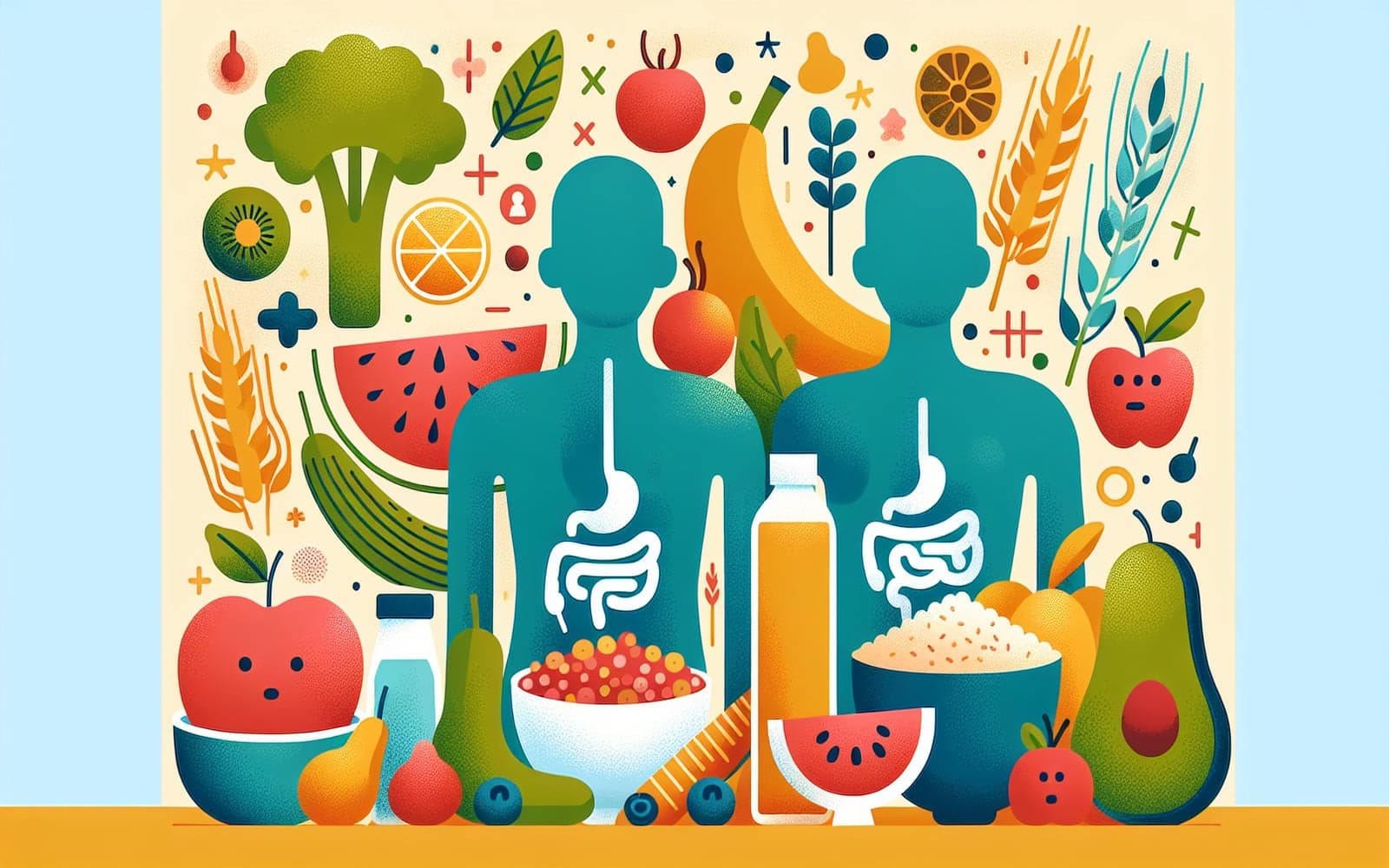Eating Your Way to Better Gut Health: The Diverticulitis Diet Decoded
Published: Jul 31, 2024

Medically reviewed by Jerome Albert Ecker | MD, Assistant Professor of Medicine, Duke University - Durham, NC on July 31st, 2024.
When it comes to managing diverticulitis, what you eat matters. The right diet can help prevent flare-ups and promote overall gut health.
Contents
The Acute Phase: Giving Your Gut a Break
During an active flare-up of diverticulitis, your doctor may recommend a liquid or low-fiber diet. This gives your digestive system a chance to rest and heal. Clear broths, gelatin, and water are typically allowed. As symptoms improve, you can gradually add low-fiber foods like cooked vegetables, eggs, and white bread.
The Prevention Phase: Fiber is Your Friend
Once the acute phase has passed, a high-fiber diet is key to preventing future episodes. Aim for 25-35 grams of fiber daily. Good sources include whole grains, fruits, vegetables, and legumes. Increase fiber intake gradually to avoid gas and bloating. Staying well-hydrated is also important to help the fiber do its job.

Busting Diet Myths
Contrary to old beliefs, you don't need to avoid seeds, nuts, or popcorn if you have diverticulosis. Studies have shown these foods don't increase the risk of diverticulitis. In fact, nuts and seeds are often good sources of fiber. However, during an acute flare-up, it's still best to stick to a low-fiber diet as recommended by your doctor.
Frequently Asked Questions
Yes, nuts are generally safe and can be part of a healthy, high-fiber diet.
Aim for 25-35 grams of fiber per day, but increase intake gradually.
During a flare-up, avoid high-fiber foods; otherwise, most foods are okay.
They might be beneficial, but more research is needed.
Key Takeaways
A balanced, high-fiber diet can play a crucial role in managing diverticular disease and promoting overall gut health.
Ready to optimize your diet for better gut health? Chat with Doctronic for personalized nutrition advice tailored to your needs.Related Articles
References
Strate LL, Keeley BR, Cao Y, et al. Western Dietary Pattern Increases, and Prudent Dietary Pattern Decreases, Risk of Incident Diverticulitis in a Prospective Cohort Study. Gastroenterology 2017; 152:1023.
Stollman N, Smalley W, Hirano I, AGA Institute Clinical Guidelines Committee. American Gastroenterological Association Institute Guideline on the Management of Acute Diverticulitis. Gastroenterology 2015; 149:1944.
This article has been reviewed for accuracy by one of the licensed medical doctors working for Doctronic. Always discuss health information with your healthcare provider.

